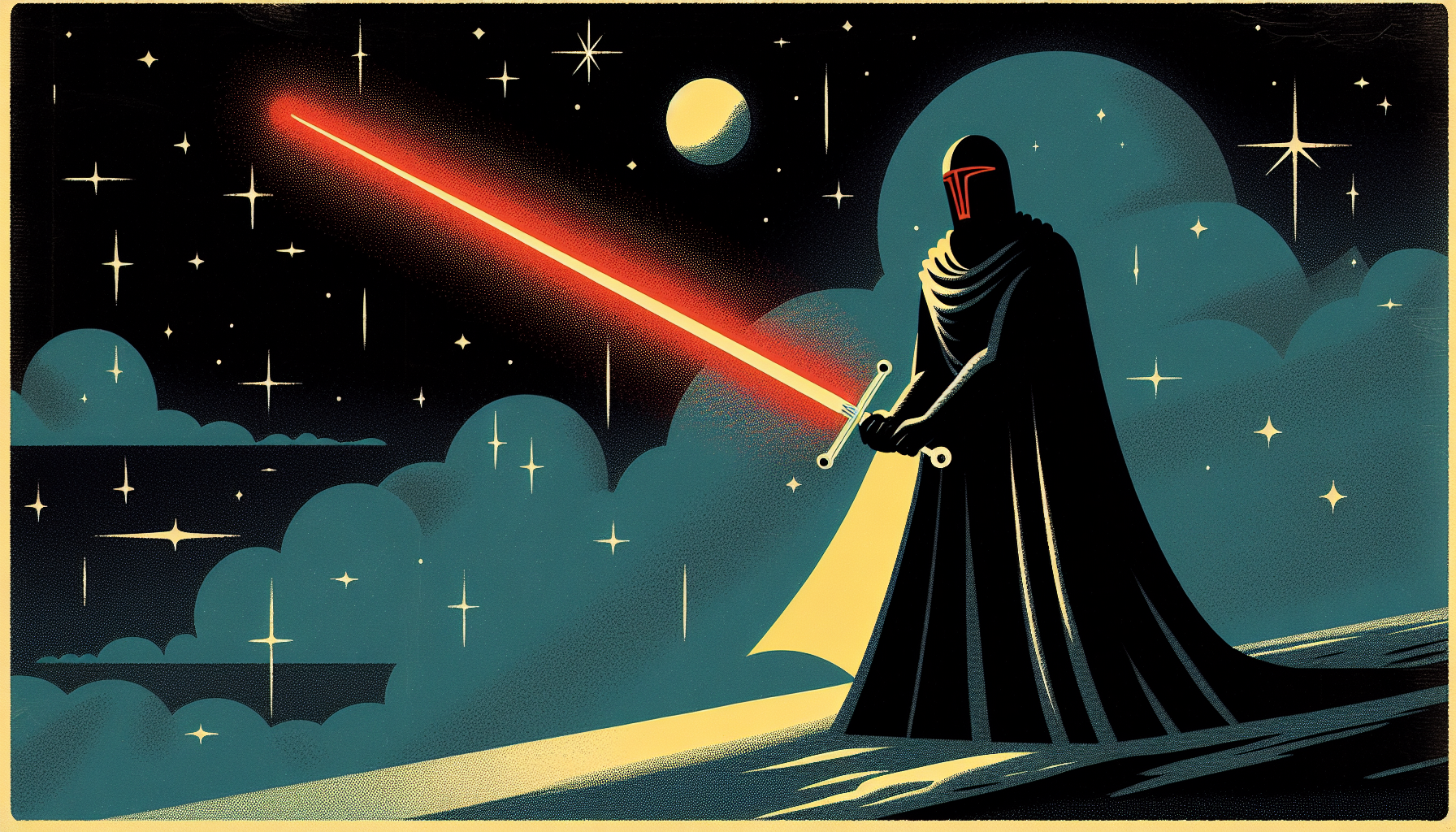Disney and Universal have initiated a landmark legal battle against AI image generator Midjourney, accusing the San Francisco company of extensive copyright infringement and denouncing its tools as a “bottomless pit of plagiarism”. The lawsuit, filed in a Los Angeles federal court, is a bold move by Hollywood against the rapidly expanding generative AI industry.
The entertainment powerhouses claim that Midjourney’s AI model, which produces high-quality visuals from text prompts, unlawfully replicated and distributed images of iconic characters such as Darth Vader, Yoda, Elsa, Shrek, Iron Man, and the Minions. Disney’s chief legal officer, Horacio Gutierrez, asserted that “piracy is piracy” and using AI doesn’t lessen its impact. NBCUniversal’s general counsel, Kim Harris, echoed these concerns, aiming to protect the studios’ and artists’ creative work and investments.
The lawsuit states Midjourney’s training data involved millions of internet images obtained without permission, a practice confirmed by founder David Holz in a 2022 interview. The studios argue that their requests for Midjourney to cease using their intellectual property or implement preventive measures were rejected.
A preliminary injunction has been filed by the studios to halt Midjourney’s image and video generation services unless it can prevent unauthorised replication of copyrighted content. They are also seeking financial recompense. Midjourney, which earned $300 million last year through subscriptions, has yet to respond to the lawsuit. The company has previously faced similar legal disputes, including an ongoing lawsuit by visual artists claiming Midjourney reused their copyrighted works without consent.
This legal action highlights the growing tension between creative sectors and AI developers as generative models increasingly challenge intellectual property laws. The entertainment industry has rapidly retaliated against what it views as the widespread misuse of its copyrighted content. Similar actions have been taken by major record labels, authors, and news organisations against AI companies for training models on their content without consent.
The outcome could set a significant precedent concerning the development and monetisation of AI tools and whether training models on copyrighted material constitutes fair use or infringement. While some media entities, like The Guardian and Axel Springer, have licensed their archives to AI firms, others, including The New York Times, have pursued legal action against companies like OpenAI and Microsoft for similar violations.
This case is pivotal in determining whether courts will enforce strict copyright protections in the AI era or whether companies like Midjourney can continue utilising vast collections of human-made work with limited repercussions.
Read more: [Disney and Universal sue AI firm Midjourney over ‘bottomless pit of plagiarism’](https://bmmagazine.co.uk/news/disney-and-universal-sue-ai-firm-midjourney-over-bottomless-pit-of-plagiarism/)




